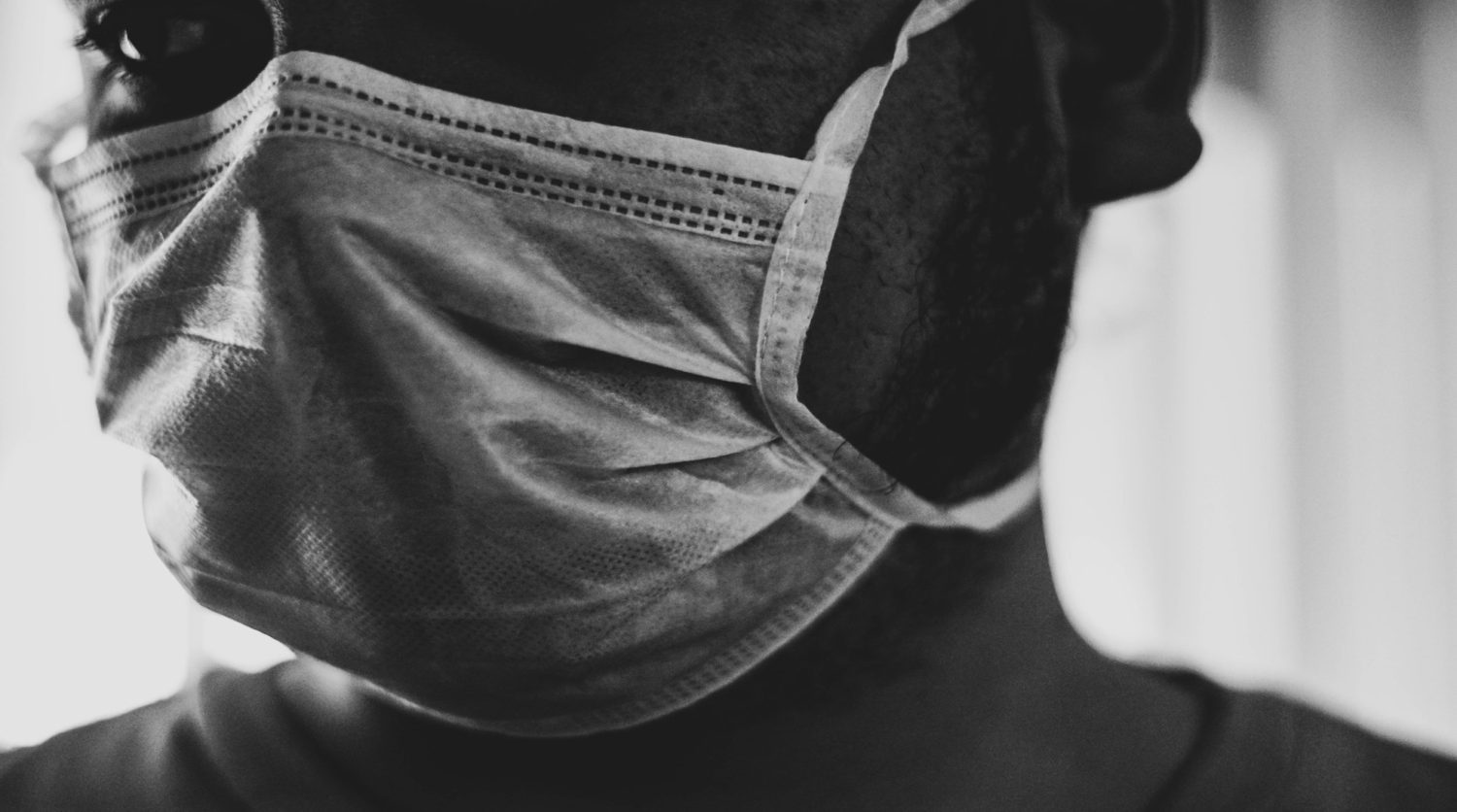Call to action
In the wake of Covid-19, addressing the inequalities faced by Black populations matters. Rueben Warren, Martin Edobor, and Paulo Da Silva discuss.
When the World Health Organization (WHO) announced in March 2020 that we were in the midst of a worldwide pandemic, a sense of terror set in globally – and especially for African descendants because of prevailing health, healthcare and economic conditions. As a nonprofit organisation, African Diaspora Consortium (ADC), whose mission is to impact positively educational, economic, artistic, and health and healthcare conditions across the African diaspora, felt an obligation to act.
Given that information gathering on African descendants’ economic, health and healthcare conditions globally has been limited, our strategy was to select three countries where the pandemic has from the beginning disproportionally impacted African descendants: Brazil, the United Kingdom, and the United States. The project was led by Dr Rueben Warren in the US, Dr Martin Edobor in the UK and Dr Paulo Da Silva in Brazil, and involved conversations with leaders across these three countries, including David Lammy MP in the UK; Dr José Vicente in Brazil and Dr Darrick Hamilton in the US; and for an African perspective, Dr Agnes Binagwaho in Rwanda. Ahead of our conversations, we collected information about the impact of Covid-19 on African descendant populations across these three countries. The data overwhelmingly supported the premise that Covid-19 had had a disproportionate impact on African descendant populations, demonstrating similar ongoing health and healthcare, and economic disparities.
The historical and cultural interconnectedness of African descendant populations is irrefutable and was set in place by the largest dispersal of a people in history during the transatlantic slave trade. The movement of people it brought about led to the formation of communities indentured, enslaved and free. Over time, these communities bore a progeny of African descendants who now spread across the Caribbean, Europe, North and South America, and around the globe, united by their shared historical connection rooted in the African continent. Despite being divided by land, sea and air, in different political, cultural and economic environments, the African diaspora today experiences a consistent level of social, economic and health inequality and inequities.
Yet not since the dispersal of African descendants during the transatlantic slave trade has there been such a global spotlight on the inhumane treatment and disparities in health, healthcare, and economic conditions faced by African descendants. In each of the three countries where we examined and followed the impact of Covid-19 on Black populations, the similarities of these conditions and the impact of the pandemic were remarkable.
The impact of the Covid-19 pandemic on African descendants was immediate, brutal, and disproportionate across all three countries. According to the World Health Organization, illness and death from Covid-19 was far greater for individuals with chronic conditions, hypertension, diabetes, heart disease, chronic respiratory disease. Across the US, Brazil, and the UK, Black populations are disproportionately affected by each of these chronic conditions.
As the world has moved on from talking about the disproportionate impact of Covid-19 on Black populations to vaccine distribution, it was encouraging that Dr Anthony Fauci, President Biden’s Covid-19 adviser, recently brought back to the foreground “the undeniable effects of racism on the unacceptable disparities in deaths and hospitalizations of Black people and other minorities” in the US. In the moments of joy at the easing of Covid-19, let it not be forgotten that, in the wake of the pandemic, inequality went beyond health and healthcare and was spotlighted across every aspect of African descendants’ lives from the economy to police brutality to education and the digital divide.
Across all three countries, generational close living conditions, where social distancing is less likely, accounted for the spread of Covid-19 among African descendant families. In the US, the statistics suggest 26 per cent of Black people live in households which include at least two adult generations. Similarly, in the UK, 15 per cent of Black households are classified as living in crowded housing. The housing conditions for Black populations in Brazil might be the most dire, as favelas have high population density, with crowded conditions within homes and across neighbourhoods.
Even before the pandemic, the economic conditions for Black populations were dire. In Brazil, according to data from the Brazilian Census Agency, 64 per cent of unemployed people were Black. According to one Brazilian worker: “We are on the list of potential dismissals due to the crisis because we are the most exploited class of workers.” African descendant populations in all three countries were particular Covid-19 targets because they were disproportionately working in frontline positions or as essential workers in transportation, hospitality, and low-wage positions making them vulnerable to the pandemic.
The similarities in conditions in these three countries capture the legacy of the transatlantic slave trade dispersal. But it is not just in these three countries. As Dr Agnes Binagwaho in Rwanda stated: “The people dying the most are minorities, Brown and Black, and this should not be normal … It’s just structure, where the society has built more risks for Brown and Black people, less care for Brown and Black people, less access to finance and support and knowledge and education.” This is why addressing disparities across the African diaspora is so crucial. Not only must we examine and address Covid-19 outcomes but we must also tackle the ongoing health, healthcare and economic disparities.
The evidence that Black populations have been disproportionately impacted not just by Covid-19 but, in the midst of the pandemic, by police brutality, is overwhelming, with the case of George Floyd bringing Black people together to protest across the world.
Government inaction was the norm across countries to address disparities. For example, although Black populations were among the group hardest hit by Covid-19, there was no effort to place them in the top vaccine categories. There has still been no movement to address economic issues, along the lines of an economic rights framework as recommended by professor Darrick Hamilton in the US. As he indicated, economic vulnerability and political intervention matters.
So how can we address these disparities collectively? Our findings suggest four areas that governments can collectively focus on: health and healthcare, economic issues, housing, and legal rights and protection. Data will need to be collected and examined in these areas in each country. But, as with global climate change, this must be a global effort. David Lammy MP captured this sentiment perfectly: “This is a really interesting moment globally for the broader Black diaspora because this problem cannot be solved if it is not solved globally.” The evidence is clear, whether Black populations were dispersed during the transatlantic slave trade or during different and current migration periods, the treatment and outcomes are the same.
Most importantly, now that inequities are being exposed, countries must not go back to business as usual. We as a people have a crucial role to play in building and enhancing conversations and solidarity across the diaspora. We must ensure that our collective voices are heard.
Covid-19 has had the most dramatic impact on Black populations since the largest population dispersal in history: it is a call to action.



